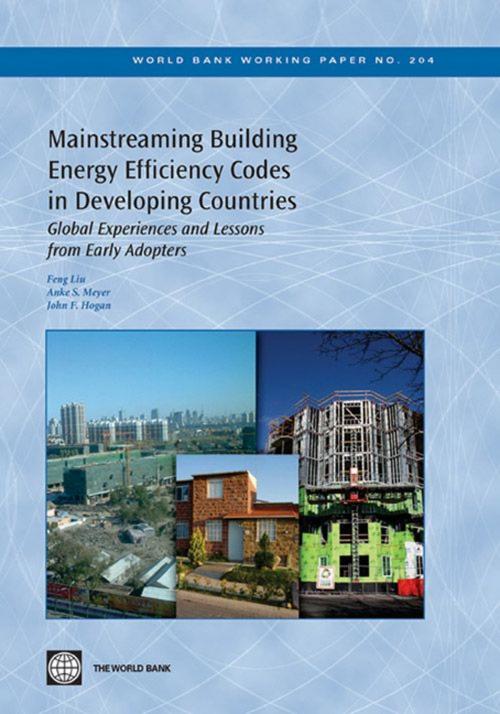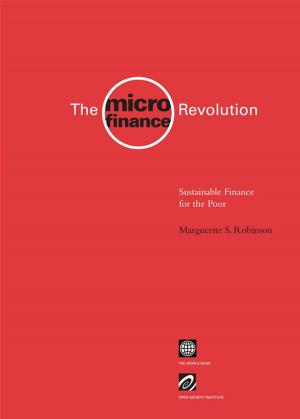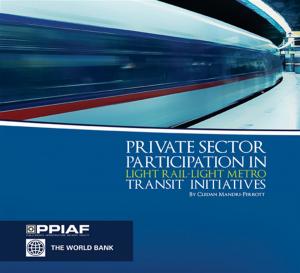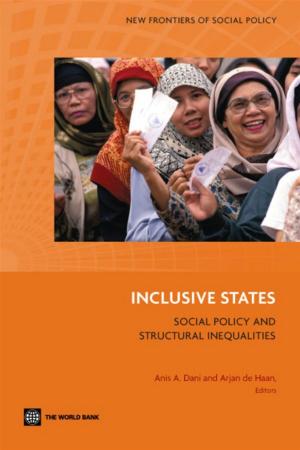Mainstreaming Building Energy Efficiency Codes In Developing Countries: Global Experiences And Lessons From Early Adopters
Nonfiction, Social & Cultural Studies, Political Science, Politics, City Planning & Urban Development| Author: | Liu Feng; Meyer Anke S.; Hogan John F. | ISBN: | 9780821385647 |
| Publisher: | World Bank | Publication: | September 27, 2010 |
| Imprint: | Language: | English |
| Author: | Liu Feng; Meyer Anke S.; Hogan John F. |
| ISBN: | 9780821385647 |
| Publisher: | World Bank |
| Publication: | September 27, 2010 |
| Imprint: | |
| Language: | English |
Urbanization and growing wealth in developing countries portend a large increase of demand for modern energy services in residential, commercial and public-service buildings in the coming decades. Pursuing energy efficiency in buildings is vital to energy security in developing countries and is identified by the Intergovernment Panel on Climate Change as having the greatest potential for cost-effective reduction of CO2 emissions by 2030 among all energy-consuming sectors.Building energy efficiency codes (BEECs), along with energy efficiency standards for major appliances and equipment, are broadly recognized as a necessary government intervention to overcome persistent market barriers to capturing the economic potential of energy efficiency gains in the residential, commercial and public-service sectors. Implementation of BEECs help prevent costly energy wastes over the lifecycles of buildings in space heating, air conditioning, lighting, and other energy service requirements. Nonetheless, achieving the full potential of energy savings afforded by more energy-efficient buildings requires holding people who live or work in buildings accountable for the cost of energy services.Compliance enforcement has been the biggest challenge to implementing BEECs. This report summarizes the findings of an extensive literature survey of the experiences of implementing BEECs in developed countries, as well as those from case studies of China, Egypt, India, and Mexico. It also serves as a primer on the basic features and contents of BEECs and the commonly adopted compliance and enforcement approaches.
Urbanization and growing wealth in developing countries portend a large increase of demand for modern energy services in residential, commercial and public-service buildings in the coming decades. Pursuing energy efficiency in buildings is vital to energy security in developing countries and is identified by the Intergovernment Panel on Climate Change as having the greatest potential for cost-effective reduction of CO2 emissions by 2030 among all energy-consuming sectors.Building energy efficiency codes (BEECs), along with energy efficiency standards for major appliances and equipment, are broadly recognized as a necessary government intervention to overcome persistent market barriers to capturing the economic potential of energy efficiency gains in the residential, commercial and public-service sectors. Implementation of BEECs help prevent costly energy wastes over the lifecycles of buildings in space heating, air conditioning, lighting, and other energy service requirements. Nonetheless, achieving the full potential of energy savings afforded by more energy-efficient buildings requires holding people who live or work in buildings accountable for the cost of energy services.Compliance enforcement has been the biggest challenge to implementing BEECs. This report summarizes the findings of an extensive literature survey of the experiences of implementing BEECs in developed countries, as well as those from case studies of China, Egypt, India, and Mexico. It also serves as a primer on the basic features and contents of BEECs and the commonly adopted compliance and enforcement approaches.















